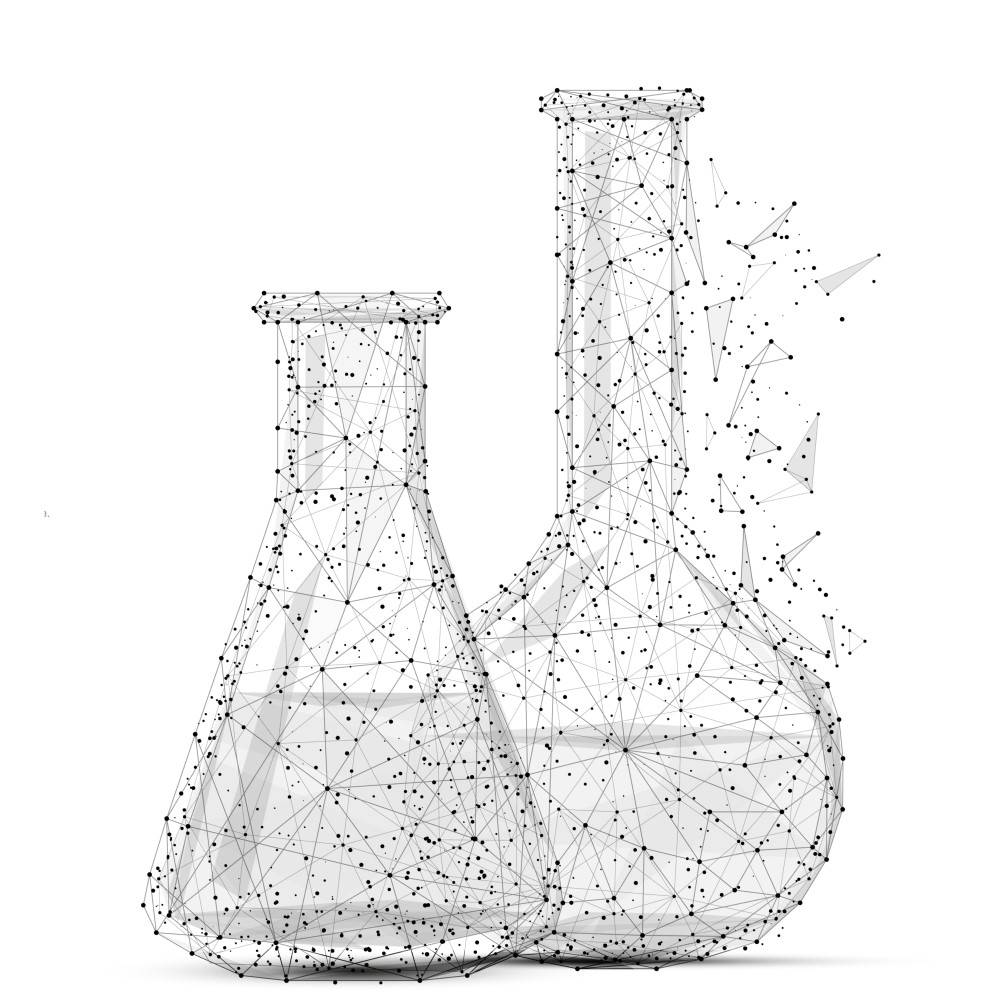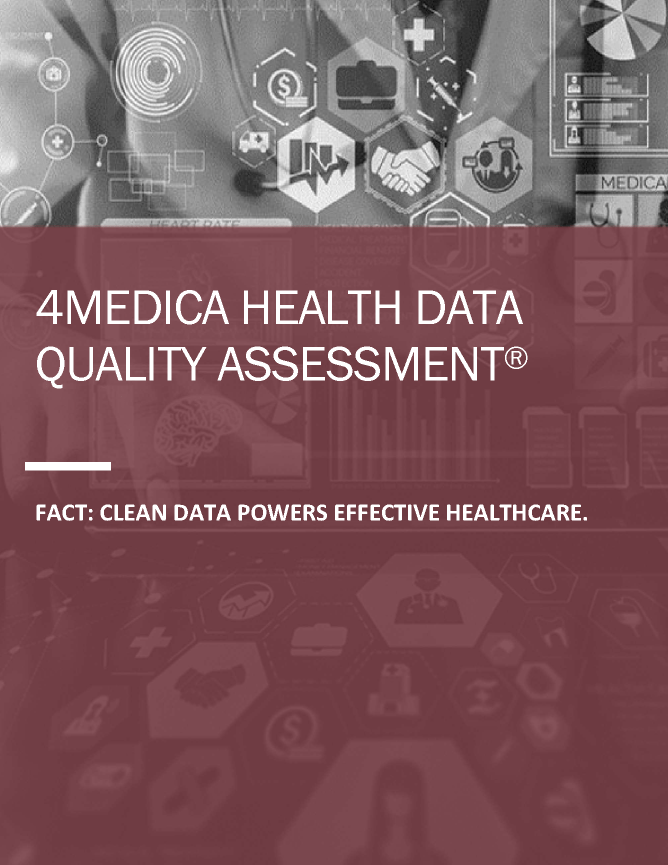
Guest post by Tim Pletcher, President and CEO of Velatura and Executive Director of Michigan Health Information Network Shared Services.
How Labs Can Help Move the Needle in Data Quality Management in Healthcare
A scientific breakthrough announced in late March promises to accelerate our understanding of the role that genetics plays in diseases. For the first time ever, researchers generated a complete sequence of the human genome, closing a gap of 8% that has existed since the first 92% of the human genome was sequenced two decades ago. This achievement promises to transform science and medicine.
Such scientific breakthroughs typically are based on years of research, collaboration, and incremental progress. Well before the recent human genome announcement by the Telomere-to-Telomere (T2T) consortium, scientists and medical researchers were building on the accomplishments of the Human Genome Project to take precision medicine and personalized medicine from the theoretical to the practical. This has led to the development of individualized treatments that improve outcomes as well as greater health equity.
For example, before clinicians embark on a course of treatment for a patient with cancer, they want to know as much as possible about how that individual will respond to specific therapies and dosages to ensure the patient’s safety.
Data generated by labs are the bedrock of medical decision-making. Seventy percent of clinical decisions today are informed by lab results, while 70% to 80% of patient information residing in electronic medical records consists of lab data.
Sharing Lab Data

This is where research and commercial laboratories come in. Labs do the heavy lifting of genetic testing to screen for medical conditions in newborns, determine whether a patient has an inherited condition, profile cancer tumors, and more. In addition, labs conduct pharmacogenomic testing to identify the safest and most effective drugs and dosages for individual patients.
Data generated by labs are the bedrock of medical decision-making. Seventy percent of clinical decisions today are informed by lab results, while 70% to 80% of patient information residing in electronic medical records consists of lab data. It’s not an exaggeration to say that without lab data, there is no modern medicine as we know it.
Given the importance of ADT and lab data in guiding medical decisions, it’s imperative that ADT and aggregated lab data is shared through a healthcare network. This is one of the reasons why the Michigan Health Information Network (MiHIN) joined the National ADT Hub Network (NAHN) launched in 2021 by United States QHIN (USQHIN), an alternative nationwide health information network. The goal of USQHIN is to foster collaboration between vendors, health information exchanges, labs, imaging centers, health systems, government agencies, and health insurers on a nationwide scale. It’s an ambitious program, but an essential one if we are to realize the benefits of precision medicine and personalized medicine.
Data quality management in healthcare is crucial
 It is equally important that lab data is of the highest possible quality, free of duplications and missing or conflicting patient information. Only then will each connected provider organization in a health network be able to optimize lab data – both clinically and financially. For without being able to accurately match patients to the data gathered about them – patient record duplication error rates alone can exceed 20% – clinicians are making decisions based on incorrect patient data. And labs are losing money through inefficiencies, increased payment denials and reductions in patient collections.
It is equally important that lab data is of the highest possible quality, free of duplications and missing or conflicting patient information. Only then will each connected provider organization in a health network be able to optimize lab data – both clinically and financially. For without being able to accurately match patients to the data gathered about them – patient record duplication error rates alone can exceed 20% – clinicians are making decisions based on incorrect patient data. And labs are losing money through inefficiencies, increased payment denials and reductions in patient collections.
That’s dangerous all around. Further, the explosion of testing in response to COVID-19 has introduced many new players into the patient data pipeline. As an industry, healthcare hasn’t kept pace with how to secure, share and organize this growing amount of data – all the more reason why we need a secure and interoperable “hub” for patient data.
MiHIN has had great success using a “common key service” (CKS) to facilitate sharing of patient data among members. In addition to connecting with 4medica’s Master Patient Index (MPI) to manage information about patients and reduce duplicate entries, the CKS assigns a unique key that is stored and attached to the patient in the MPI and shared with all systems exchanging information about that patient. Each system can link their respective medical record number to the same common key and then include the common key when exchanging information about the patient.
To work, however, CKS is reliant on modern MPI technology such as 4medica’s MPI that ensures accurate identity matching is achieved before CKS can be applied to each accurately matched patient and medical record. Again, it all begins with health data quality management in healthcare, because identity matching plays such a critical role in ensuring lab data is aggregated and matched accurately at the patient level.
Quality data and the ability of healthcare stakeholders to easily and securely share it not only improves clinical outcomes, it produces tangible financial benefits to labs and imaging centers. I’ll be speaking at the Executive War College later this month on how labs can better share and monetize their data. See below for details.
Reducing Data Duplication to Help Prevent Disease
If the U.S. is serious about tackling cancer and doing a better job with oncology, we need to learn a lot more about pharmacogenomics. Focusing on specific use cases such as precision medicine and personalized medicine will help us learn and apply that knowledge faster.
The next step is to scale the use of precision medicine and personalized medicine to help prevent and treat diseases and other medical conditions for millions of Americans. Technologies such as 4medica’s Data Quality Platform – which uses a four-layer approach to duplication reduction that leverages artificial intelligence, machine learning, referential matching/data enrichment and advanced data analytics – can dramatically increase the clinical and financial value of a lab’s data.
With interoperability efforts such as NAHN and emerging technologies such as 4medica’s that dramatically reduce duplication rates and other patient identity errors in lab data, I am confident we will soon benefit from the health data quality revolution.
To learn more, Tim will be presenting at the Executive War College on Wednesday, April 27. His sessions include:
- Lab Test Data and the Michigan Health Information Network: Lessons Learned and Demonstrating the Case for Value
- Organizing a National Lab Network: How Labs Can Participate, Ways to Monetize the Data, and Achieving Interoperability
- Panel Discussion with industry thought leaders: Thinking Strategically: Spotting Opportunities Created by the Evolution of Healthcare, Value-Based Reimbursement and New Technology
Stay In Touch:
| Thank you for Signing Up |


Stay In Touch:
| Thank you for Signing Up |


